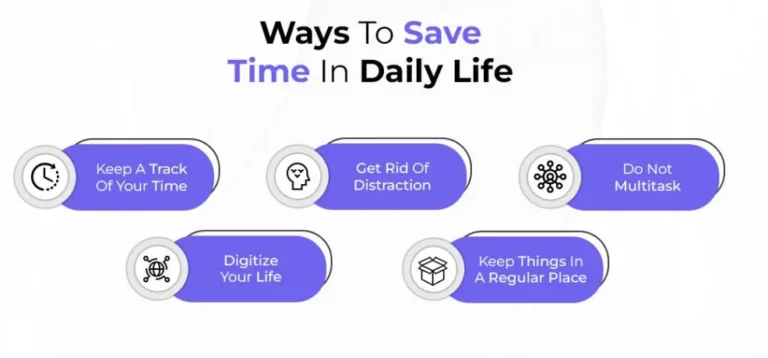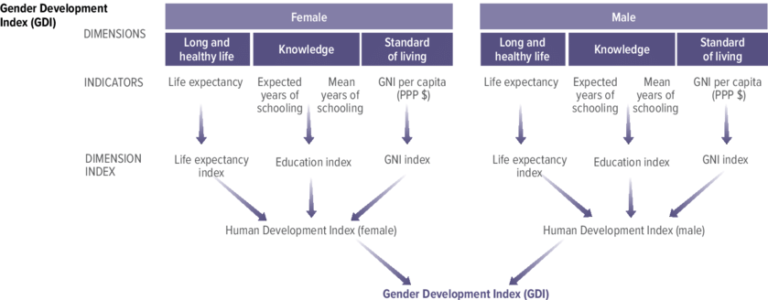Intuition Writeup
Intuition Writeup is that inner voice, that gut feeling we often turn to when making decisions. It’s an innate ability to understand something without the need for conscious reasoning. Intuition plays a vital role in our daily lives, guiding us through countless decisions, both big and small. But what exactly is intuition, and how can we harness its power more effectively?
The Science Behind Intuition
How the Brain Processes Intuition
The brain is a complex organ, capable of processing vast amounts of information in split seconds. Intuition arises from the brain’s ability to recognize patterns and make connections based on past experiences and subconscious knowledge. When we have a “gut feeling,” it’s often our brain picking up on subtle cues that we might not be consciously aware of.
Research Studies on Intuition
Numerous studies have explored the phenomenon of intuition. For instance, researchers have found that people can often make accurate decisions based on intuition alone, even without explicit knowledge of why they feel a certain way. This suggests that intuition is a powerful tool that can complement logical reasoning.
Types of Intuition
Emotional Intuition
Emotional intuition involves understanding and interpreting emotions, both our own and others’. This type of intuition helps us navigate social situations and build meaningful relationships.
Intellectual Intuition
Intellectual intuition is the ability to grasp complex concepts and ideas quickly and effortlessly. It’s often seen in problem-solving and creative thinking.
Spiritual Intuition
Spiritual intuition is a deeper, more mystical form of intuition. It involves a sense of connection to something greater than ourselves, often providing guidance and insight in life’s more profound moments.
Intuition in Decision Making
Personal Decisions
In our personal lives, intuition often guides us in making choices that align with our true selves. Whether it’s deciding to take a new job, move to a different city, or end a relationship, our gut feelings can lead us to decisions that ultimately benefit us.
Professional Decisions
In the professional realm, intuition can be a valuable asset. Many successful business leaders and entrepreneurs attribute their achievements to trusting their instincts. Intuition helps in making quick decisions, especially when there is incomplete information.
Examples of Successful Intuitive Decisions
Steve Jobs, the co-founder of Apple, famously relied on his intuition to guide many of his business decisions. He believed in the power of gut feelings to lead him in the right direction, often resulting in groundbreaking innovations.
Developing Your Intuition
Techniques to Enhance Intuition
Enhancing your intuition involves tuning into your inner voice and learning to trust it. Techniques such as journaling, practicing mindfulness, and spending time in nature can help you become more attuned to your intuitive abilities.
Practicing Mindfulness and Meditation
Mindfulness and meditation are powerful practices that can strengthen your intuition. By quieting the mind and focusing on the present moment, you create space for intuitive insights to emerge.
Intuition vs. Logic
Differences Between Intuition and Logic
Intuition and logic are often seen as opposing forces. Logic relies on analytical thinking and rational processes, while intuition is more about instinct and gut feelings. Both are valuable, and understanding when to use each can enhance decision-making.
When to Use Intuition Over Logic
Intuition is particularly useful in situations where there is no clear answer or when decisions need to be made quickly. It can also be beneficial when dealing with complex, nuanced problems that don’t have straightforward solutions.
Common Myths About Intuition
Debunking Misconceptions
There are many myths about intuition, such as the idea that it’s purely mystical or that only certain people possess it. In reality, intuition is a natural ability that everyone can develop and use effectively.
Understanding the Reality
Intuition is not infallible, and it’s important to balance it with rational thought. By understanding the limitations and strengths of intuition, you can use it more effectively in your daily life.
The Role of Intuition in Creativity
How Intuition Fuels Creative Processes
Intuition is a key driver of creativity. It allows us to make connections between seemingly unrelated ideas and to think outside the box. Many artists, writers, and musicians rely on their intuition to guide their creative processes.
Examples from Creative Fields
Famous creatives like Pablo Picasso and Virginia Woolf often spoke about the importance of intuition in their work. They believed that their best ideas came from a place of deep, intuitive understanding.
Intuition in Relationships
Trusting Your Gut in Personal Relationships
In relationships, intuition can help us read between the lines and understand the true intentions of others. Trusting your gut can guide you toward healthier and more fulfilling connections.
Recognizing Red Flags
Intuition can also alert us to red flags in relationships. When something feels off, it’s often worth paying attention to that feeling and investigating further.
The Impact of Intuition on Health
Intuitive Eating
Intuitive eating involves listening to your body’s signals and eating in response to hunger and fullness cues rather than external diets or restrictions. This approach promotes a healthier relationship with food and body image.
Intuitive Healing Practices
Intuitive healing practices, such as energy healing and acupuncture, rely on the body’s innate wisdom to guide the healing process. These practices can complement traditional medical treatments and enhance overall well-being.
Cultural Perspectives on Intuition
Intuition in Different Cultures
Different cultures have varying perspectives on intuition. In some cultures, intuition is highly valued and considered a source of wisdom, while in others, it may be downplayed in favor of rational thought.
Historical Views on Intuition
Throughout history, intuition has been seen as a valuable source of insight. Ancient philosophers like Socrates and Eastern traditions such as Buddhism have long recognized the power of intuition.
Challenges of Relying on Intuition
Potential Pitfalls
Relying solely on intuition can sometimes lead to biased or incorrect decisions. It’s important to balance intuition with logic and evidence to avoid potential pitfalls.
Balancing Intuition with Rational Thought
Finding a balance between intuition and rational thought can enhance decision-making. By integrating both approaches, you can make more informed and well-rounded choices.
Intuition in the Modern World
Intuition in Technology and AI
As technology and AI continue to evolve, intuition plays a role in developing more human-centered and empathetic systems. Understanding human intuition can help create AI that better serves our needs.
Future of Intuition in a Digital Age
In a digital age, intuition remains a crucial skill. As we navigate complex information and make quick decisions, intuition can help us discern what’s important and relevant.
Personal Stories of Intuition
Anecdotes from Various Individuals
Many people have powerful stories of how intuition has guided them in life. From avoiding dangerous situations to making life-changing decisions, these anecdotes highlight the importance of trusting your gut.
Lessons Learned from Intuitive Experiences
These personal stories often come with valuable lessons. They teach us to pay attention to our inner voice and to trust our instincts, even when the path ahead is uncertain.
Conclusion
Intuition is a powerful and often underappreciated aspect of our cognitive toolkit. By understanding and developing our intuitive abilities, we can make better decisions, enhance our creativity, and build stronger relationships. Trusting your intuition is like having a wise friend by your side, always ready to guide you in the right direction.
FAQs
What is “Intuition Writeup”?
“Intuition Writeup” is an article that explores the concept of intuition, its scientific basis, different types, its role in decision-making, and ways to develop and harness it effectively.
How does the brain process intuition?
The brain processes intuition by recognizing patterns and making connections based on past experiences and subconscious knowledge, allowing us to have gut feelings and quick insights without conscious reasoning.
What are the different types of intuition?
The different types of intuition include emotional intuition (understanding emotions), intellectual intuition (grasping complex ideas quickly), and spiritual intuition (a deeper, mystical connection providing profound insights).
Can intuition be trusted in professional decision-making?
Yes, intuition can be a valuable asset in professional decision-making, helping to make quick decisions, especially when information is incomplete, as many successful business leaders attribute their achievements to trusting their instincts.
What are some techniques to enhance intuition?
Techniques to enhance intuition include practicing mindfulness and meditation, journaling, and spending time in nature, all of which help in tuning into and trusting your inner voice.







